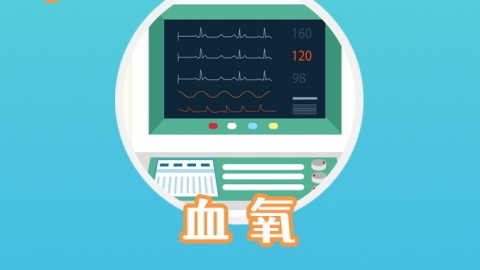Which is more serious: hepatitis B or hypertension?
Generally speaking, the severity of hepatitis B and hypertension cannot be generalized; it must be evaluated based on individual conditions, complications, and treatment responses. If any discomfort occurs, prompt medical consultation is recommended. Detailed analysis is as follows:

If hepatitis B progresses over a long period, the liver may gradually develop fibrosis, cirrhosis, and even liver cancer. It can also lead to severe symptoms such as jaundice, ascites, and hepatic encephalopathy, affecting multiple systems including digestion and metabolism. Without timely and proper intervention, it can seriously threaten life and health.
If hypertension remains poorly controlled over time, it can damage vital organs such as the heart, brain, kidneys, and retina, leading to complications including myocardial infarction, cerebral infarction, cerebral hemorrhage, renal failure, and retinopathy. In severe cases, it may result in disability or sudden death. The risk becomes particularly critical during sudden spikes in blood pressure.
Regular health check-ups are essential in daily life for early detection and early intervention. Patients with hepatitis B should follow medical advice to monitor liver function and viral load regularly, avoiding liver-damaging behaviors such as alcohol consumption and staying up late. Hypertensive patients should consistently monitor their blood pressure, maintain a healthy diet, engage in moderate exercise, and strictly adhere to prescribed medications without stopping or adjusting dosages on their own. Scientific disease management can significantly reduce the risk of disease progression.







